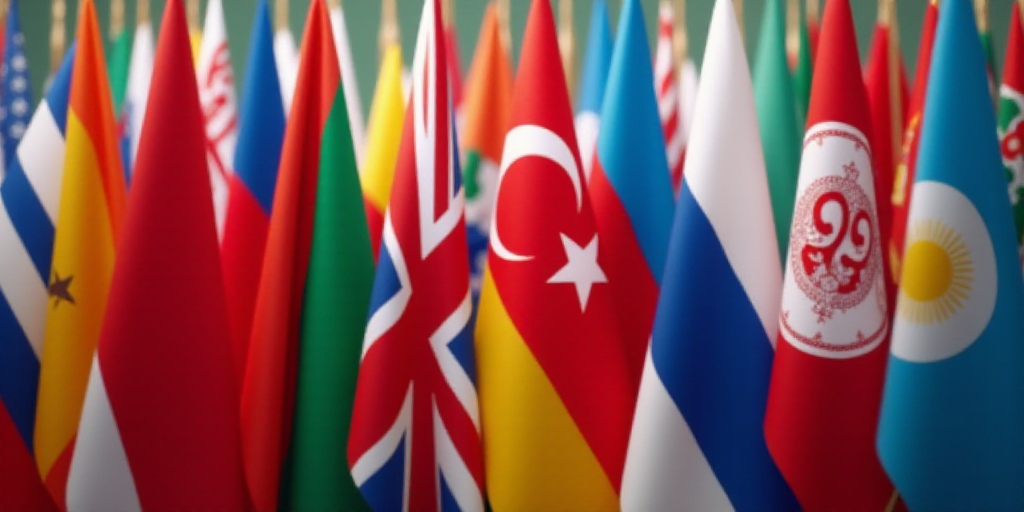Background on BRICS and Relevance
The BRICS group, comprising Brazil, Russia, India, China, and South Africa (with Egypt, Ethiopia, Indonesia, and the United Arab Emirates as observers), represents a powerful alliance of emerging economies. These nations have gained significant influence on the global stage due to their combined economic might and political clout. Their joint statements often carry weight in international affairs.
Recent Conflict and BRICS Intervention
The recent escalation of conflict between Israel and Iran prompted the BRICS to issue a joint statement on June 18, urging an immediate end to violence and the establishment of a nuclear-free zone in the Middle East.
Context of the Conflict
The tensions between Israel and Iran intensified following Israel’s unprecedented aerial campaign against Iran, accusing it of attempting to acquire nuclear weapons. Iran denies these allegations, asserting its right to develop a peaceful nuclear program.
The United States joined Israel’s offensive by targeting Iranian uranium enrichment facilities on June 16. In response, Iran launched missile attacks against Israel and a U.S. base in Qatar.
BRICS’ Joint Statement
In their joint statement, the BRICS emphasized the urgent need to break the cycle of violence and restore peace, given the growing tensions with unpredictable consequences for international peace, security, and global economy.
The statement called for all parties to engage in dialogue and diplomacy, aiming to de-escalate the situation and resolve differences peacefully.
Moreover, the BRICS reaffirmed their commitment to establishing a nuclear-free and weapons of mass destruction-free zone in the Middle East.
Impact and Future Implications
The BRICS’ intervention highlights the growing influence of emerging economies in global politics. Their joint statement underscores their commitment to promoting peace, security, and nuclear non-proliferation. The call for a nuclear-free zone in the Middle East reflects their concern over regional instability and its potential to destabilize global affairs.
The upcoming BRICS summit in Rio de Janeiro, Brazil, in early July, presents an opportunity for further discussions on these critical issues.
Key Questions and Answers
- Who are the BRICS? The BRICS is a group of five major emerging economies: Brazil, Russia, India, China, and South Africa. Egypt, Ethiopia, Indonesia, and the United Arab Emirates are observer states.
- What prompted the BRICS’ statement? The escalating conflict between Israel and Iran, including aerial attacks and missile exchanges, led the BRICS to issue a joint statement urging an end to violence and establishment of a nuclear-free zone in the Middle East.
- What is the significance of this statement? The BRICS’ joint statement reflects their growing influence in global politics and commitment to promoting peace, security, and nuclear non-proliferation.
- What is the next step for BRICS? The upcoming BRICS summit in Rio de Janeiro, Brazil, offers a platform for further discussions on these critical issues.






